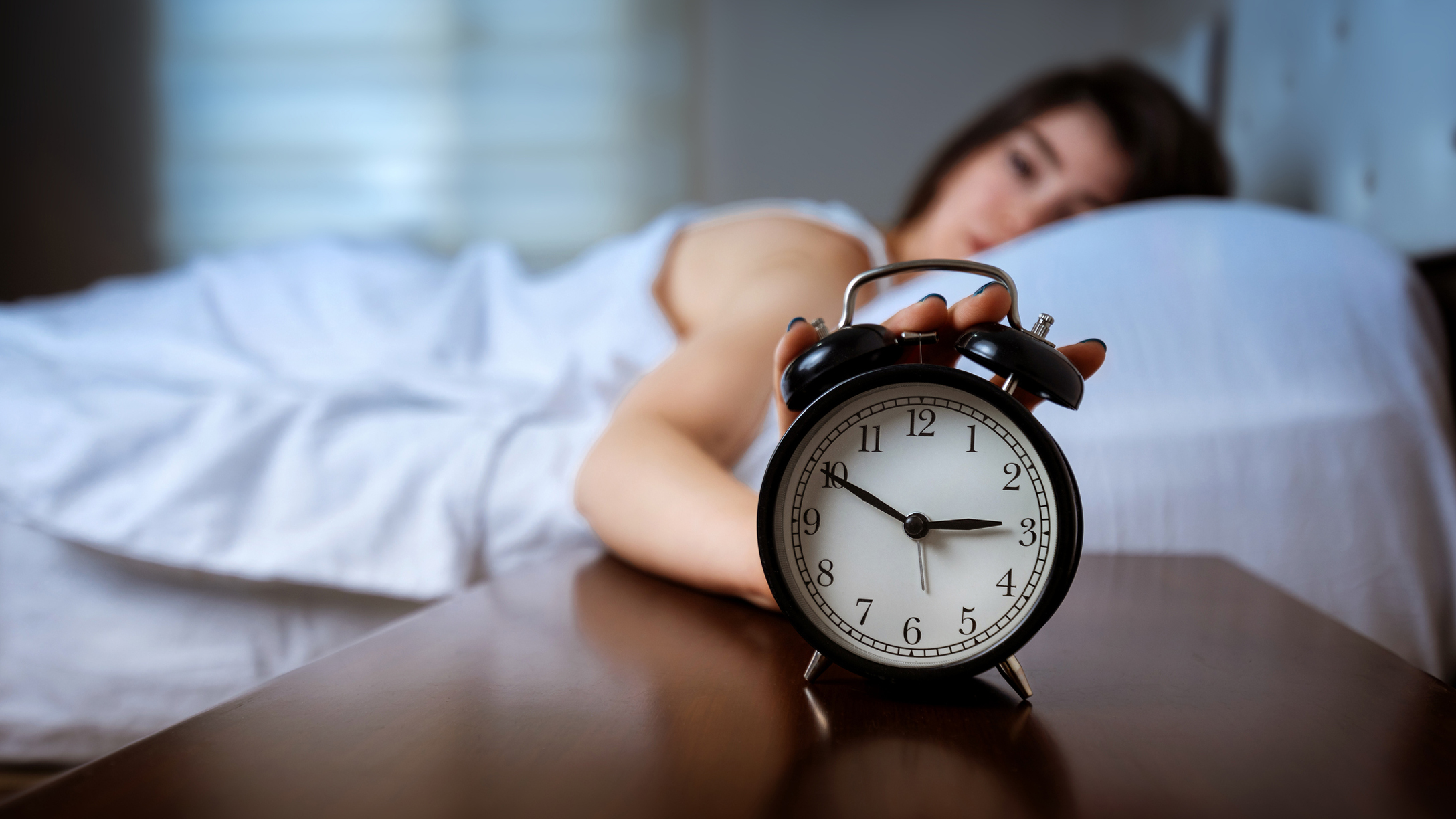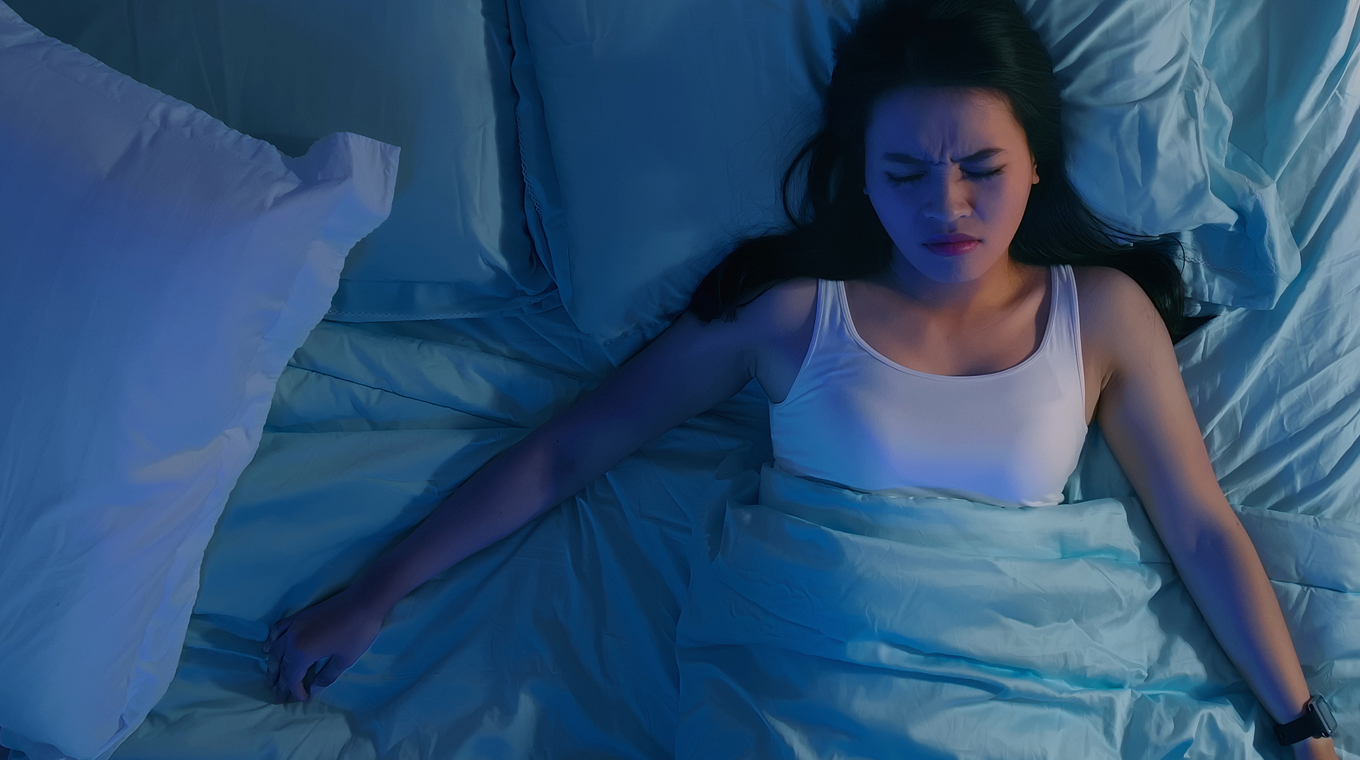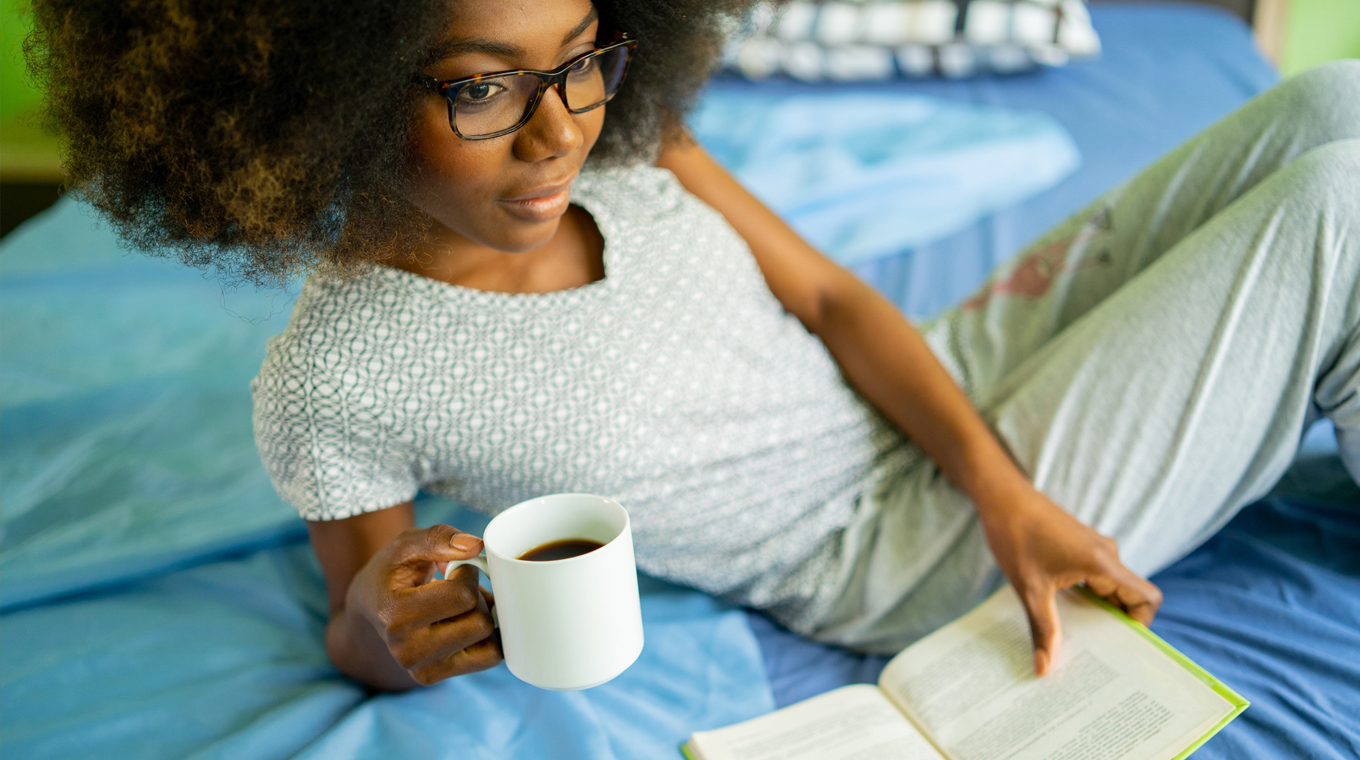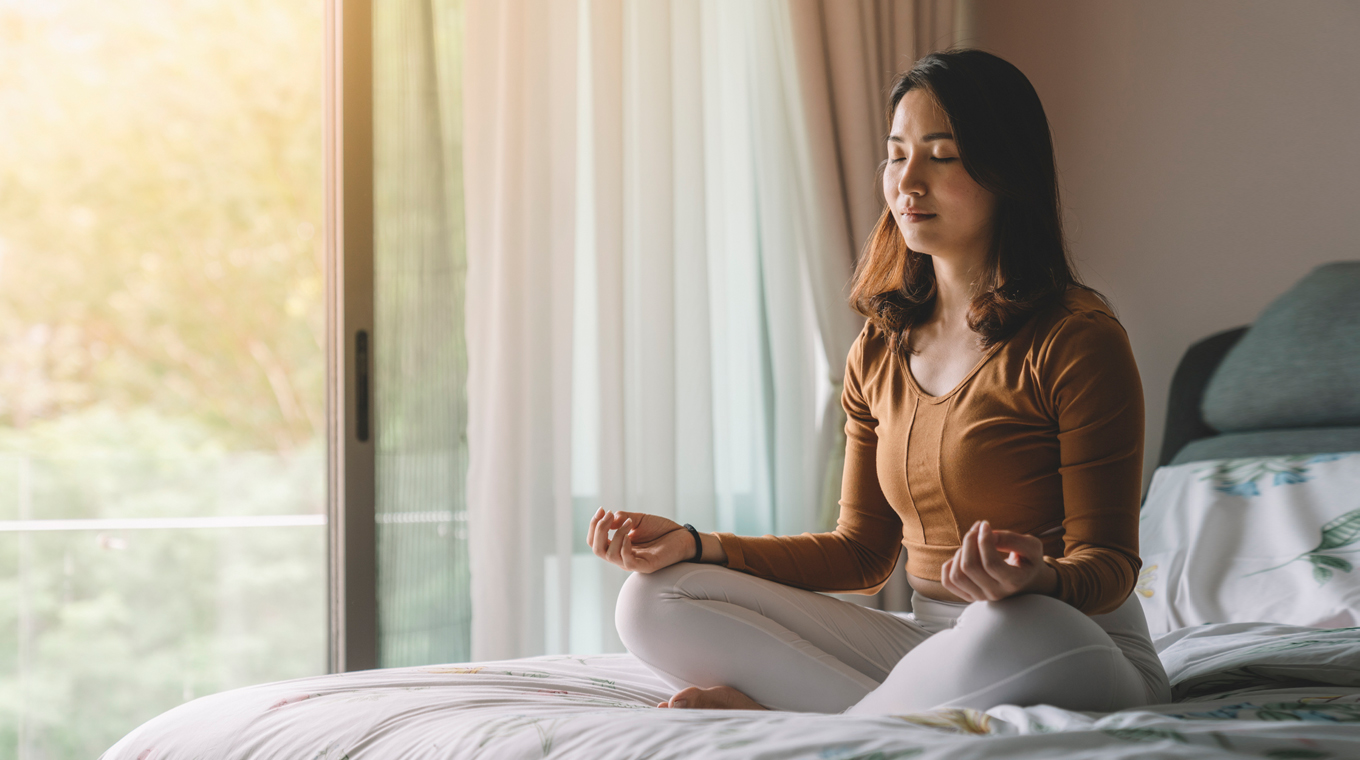
In this article
Counting sheep not doing the trick anymore? If you find yourself watching the hours and minutes pass on the clock without a wink of sleep, you may be suffering from a sleep disorder. This common condition affects men and women across the globe, but women in particular bear the brunt of sleeplessness. If you're tired of being tired and walking around like a "mombie" each day, read on to learn how to deal with insomnia.
What is insomnia?

Insomnia — the inability to fall asleep or remain asleep long enough for a restful night — affects about 70 million Americans annually; about 33–55% of the adult population. It's a widespread condition with myriad potential causes, from stress, depression, and anxiety to health conditions, medications, or a poor sleep environment.
"We all have a night of bad sleep here and there," sleep medicine specialist Dr. Virginia Runko admitted. "But really what insomnia is, is more of a long pattern of a sleep problem that's not only a nighttime issue, but it trickles down into the daytime in some ways," Runko explained in a video from Johns Hopkins Center for Sleep.
While this condition affects both men and women, oftentimes the root of the issue for women is related to hormonal changes that occur during the menstrual cycle, pregnancy, or perimenopause and menopause.
Menucha is a New York City mom and the driving force behind Menucha Designs jewelry. She chronicled her struggle with insomnia on her blog, Moms and Crafters.
"Sleep is not something most of us associate with motherhood. Sleep deprivation is. Moms are notorious for walking around looking like zombies, doing absent-minded things," Menucha wrote on her blog. "I had given up on really getting sleep long ago. But I never realized how badly things could spiral downward. I never knew how low rock bottom really was. Eventually, I realized I needed to take care of myself. I needed to get myself help."
According to the Centers for Disease Control and Prevention (CDC), the average adult requires seven hours of sleep per night. Most Americans get far less than that amount. Insomnia that continues more than three times a week over a span of three months or longer is then considered a chronic sleep disorder.
Insomnia treatments: Natural remedies for restful sleep

If your insomnia is a one-off issue, caused by external stimuli or anxiety, you may be able to cure your sleeplessness with natural remedies. Lifestyle changes can have a profound effect on sleep habits, so it's always a good idea to consider changing things up in your daily routine if you're having trouble sleeping at night.
1. Change your daily routine
Often creating a simple bedtime routine is enough to help you fall asleep and stay asleep throughout the night. Consider lighting candles, diffusing lavender oil, and winding down with a bath and a good book, to help set a relaxing tone for the evening.
2. Switch out your daily cup of joe
Consider switching up your beverages can help. There's been an increase in natural remedies for common health concerns in recent years. Mushroom coffee has taken the internet by storm as of late, touting countless health benefits from immune support to stress management.
3. Golden milk reduces inflammation
Golden milk, made with turmeric, has been said to benefit those with inflammation and arthritis. Turmeric is thought to have a medicinal effect by lowering stress and anxiety and aiding in relaxation.
4. Sea moss gel can have a metabolic effect
Another natural remedy for insomnia that is gaining popularity: sea moss gel, also known as carrageenan gum, derived from red algae. It is thought to regulate iodine levels in the body, an essential component for getting a good night's rest.
Note: As with any supplement or new, non-mainstream addition to your diet (even those considered "natural"), it's best to consult your physician before taking anything to help treat insomnia or any other medical concern.
How to deal with insomnia

Dr. Rachel Salas, a sleep neurologist at Johns Hopkins Center for Sleep, prefers to rule out any simple solutions to insomnia before going the medication or therapy route for her patients.
"Insomnia is a complicated sleep disorder because there's always different factors for different individuals that are contributing to it," Salas explained in a Johns Hopkins video. "So the first thing we like to do is look at what behavioral issues may be feeding the insomnia. A lot of times there are some simple things that patients can change to help as part of the treatment."
Changing your diet and eliminating caffeine after 3 p.m. can often help you get to sleep faster, as can dropping the temperature in your bedroom, creating a nighttime routine, and getting off screens a few hours before bedtime.
If these remedies don't work, it may be time to reach out to your physician to see if sleep therapy would be a helpful avenue. Some insomnia treatments include Cognitive Behavioral Sleep Therapy (CBT-I) strategies which, along with changing how you think about your inability to sleep, may use the following therapies to aid in sleep:
5. Sleep restriction
By reducing the amount of time spent in bed, patients can work to eliminate daytime naps; over time the amount of time spent in bed is gradually increased.
6. Relaxation and meditation
Listening to calming sounds via noise machines or guided app meditations can help improve sleep quality. If you'd rather not rely on technology, body relaxation techniques — focusing on one relaxing one part of your body at a time — may help quiet your mind enough to induce sleep.
7. Stimulus control therapy
This technique encourages patients to allocate bedroom time for sleeping and sex only, rather than working and watching TV in the room. If unable to fall asleep within 20 minutes, the patient should leave the room and do something else until they begin to feel tired again.
8. Passive awakeness techniques
In some cases, rather than trying to get to sleep, the patient is encouraged to try to stay awake, thus tricking themselves into actually falling asleep.
9. Light therapy
Getting the proper amount of vitamin D through supplements, spending more time outdoors, or utilizing a light box is one insomnia treatment that has made a difference for some patients.




